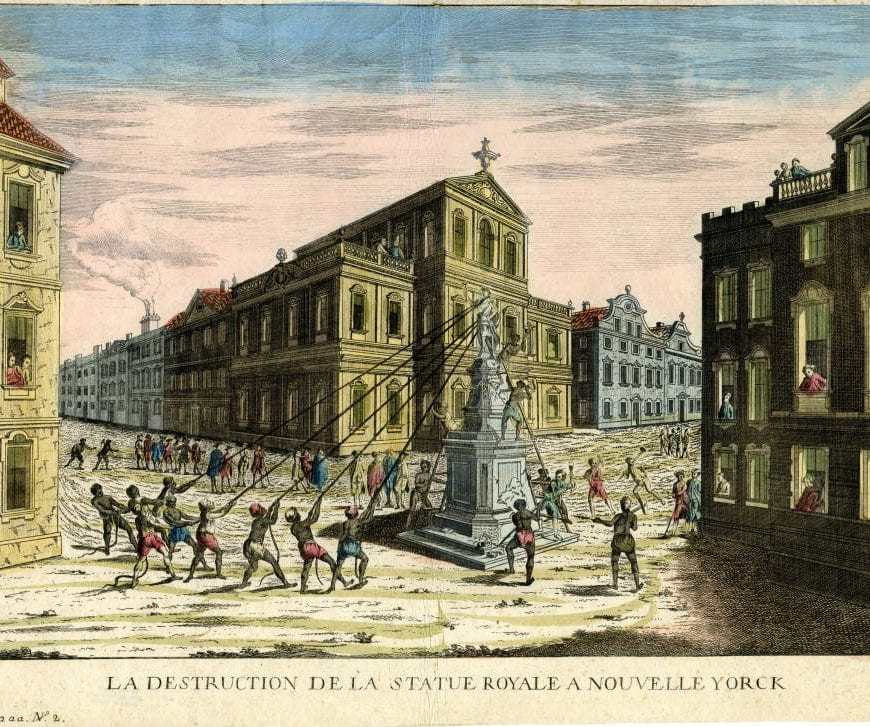
Contemporaneous and Contemporary French Perspectives on the American Revolution: Revisiting the French-American Connection? – Carine Lounissi
The American Revolution was a world event. All of Europe and its colonies were interested in what happened in the North American colonies. French authors and journalists published extensively on the conflict. Consequently, there is a huge corpus of printed materials and archives in continental Europe that scholars are currently exploring to better understand the intellectual, political, economic, and diplomatic aspects of American Independence. In addition, the presence in France…



